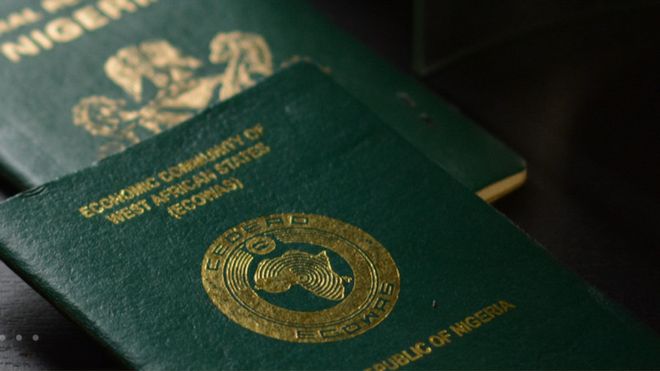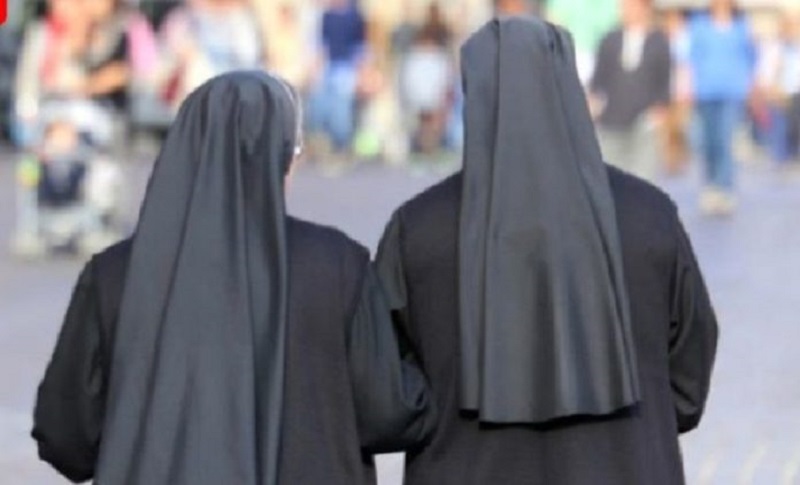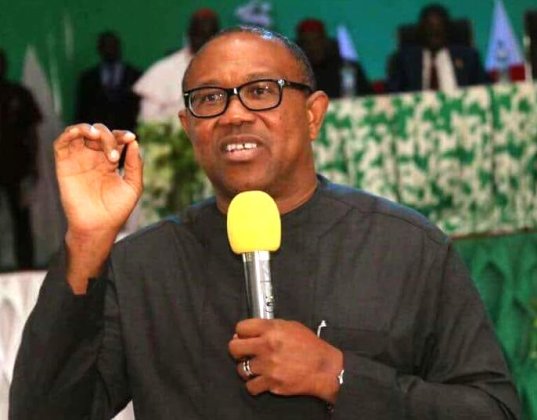By Dakuku Peterside
THE holy grail of democracy is the widespread participation of people in the business of power, legitimised by the representation of elected leaders. Participation is so meaningful that the noun derivative of democracy, democratisation, means “the action of making something accessible to everyone”.
ADVERTISING
So, on face value, the democratisation of “presidential aspiration” seems to be a good thing, and one may argue that this might throw up a pool of aspirants for the primaries for the people to choose, but the reality may be more sinister and a bad omen for our democracy.
The presidential aspirants’ field is getting crowded – the good, the bad, and the ugly are throwing their hats into the ring. In the past few weeks, more and more persons have indicated an interest in running on the platform of the two major political parties against all odds, including outrageous Expression of Interest and Nomination form fees.
The statistics of the aspirants for the two leading parties keep changing each day. APC has 23 presidential aspirants with a possibility of getting to 25 by the close of nominations and 241 Senate aspirants with a chance of getting to 300 at the close of nominations.
We have 821 House of Representatives aspirants with a possibility of getting to 1,000. For PDP, about 17 presidential aspirants, 301 Senate aspirants and 1218 House of Representative aspirants have declared their interest in the various posts for the 2023 general election and have already presented themselves for screening.
Never in the history of our democracy have many aspirants, at short notice, declared interest in occupying the highest position in the country than in this run-up to the 2023 elections.
arty nomination cost; tickets for sale?
Democracy: Beyond symbolism and drama
Whither Nigeria: 6 months to election, where are the presidential aspirants?
The rash of aspirants is a symptom of too many negatives. Let us grant that democracy entitles every citizen to aspire to any position. We can even further concede that the sheer volume of aspirants to various elective positions could indicate a deepening of the popularity of democracy in our country.
Yet the sheer number, nature and character of most aspirants give us a cause for concern. A few pertinent questions come to mind: What socio-political context is pushing this new phenomenon, and what does it portend to our democracy in general and the 2023 general elections in particular?
Three major issues are working in tandem to fuel the rush for nomination for the presidential ticket and other elective offices. The first is the commercialisation of political offices in Nigeria. Politics is big business, and everyone knows that.
For the majority, the most accessible means to inexplicable wealth and power in Nigeria today is to hold a political office. Related to this is elite joblessness, making politics the most lucrative openly available sector.
The elite total engrossment in politics for economic survival is a breeding ground for rampant corruption. This transactional nature of politics means that no matter the outrageous cost of nomination forms and electioneering, the political elite is hard done, doing whatever it takes and at all costs to have access to these offices.
The second issue, especially for the offices of the president and governor, is what I will refer to as the demystification of these hallowed offices. Pre-independence and during the second republic, the people revered the president’s and governor’s offices.
We expected only people of a certain calibre, political dexterity, and intellectual integrity to even dream of applying for the office; much more to attempt to do. Unfortunately, recently, each election cycle inadvertently produces a declining quality of political leadership, which lowers the bar for those aspiring to occupy the office and causes public mistrust of officeholders.
The bar is so low now that people with no pedigree or experience in leadership, even in their homes, are aspiring to the president’s office. The third issue is deliberate positioning to profit from political consensus. The two major political parties in Nigeria lack a deep culture of internal democracy, cohesion and unity, and this anomaly is because they are not ideologically driven, and there are intraparty frictions among party members.
It is becoming common for political parties to resort to a democratic consensus to adopt candidates and avoid the ensuing brouhaha. Therefore, negotiations, deals, and rewards are given to those candidates at the table to arrive at this consensus.
So, the rush to purchase the N40 million or N100 million nomination forms may mean some aspirants buying a ticket to the negotiating table, where some would be asked to step down and promised rewards. And to be relevant, you must purchase your way to that table where the final act would play out before the convention, which may end in consensus or affirmation.
Another plausible reason for the proliferation of aspirants is not unconnected to a strategy by a tiny clique of serious aspirants to weaken the delegates’ base of their co-competitors. Political entrepreneurs around the presidency and commanding height of the two major political parties may also be manipulating the internal process of the parties to enable them to achieve a predetermined outcome.
These happenings have grave consequences for our democracy and the 2023 general election. The presidential aspirants’ field in the two major political parties has thrown up what I refer to as opportunists. Some of these aspirants had earlier indicated an interest in Senate, governorship or were hitherto not interested in the office but now are presidential aspirants.
They are opportunists who just saw an opening to take advantage of for varied reasons. A critical analysis of the character and qualities of some of these opportunistic aspirants shows traits that are worrisome to any true lover of democracy. These people put our democracy at risk.
We can easily deduce the enormous implications of these on politics and society. If those who always put themselves out to take up public office are so utterly bereft of character and the courage of conviction, what will be the fate of those public offices when they eventually get in? One unintended fallout of this crowded field of aspirants is that this may be the most expensive party primaries in our political history.
Typically, the democratisation of aspirants should be good for the various parties and society because it gives us broader options to choose from and quality leaders. However, in this Nigerian case, it is evident, based on our political context and antecedents, that the ongoing muster parade of aspirants is a signal of a political locust invasion whose ultimate impact would be to sack the national treasury and ground Nigeria.
This has broader ramifications for our development as a nation and people. Nigeria needs quality leadership now. Any actions that jeopardise that must be resisted by all. The public must not be gullible and allow the political class to play ping pong with their future.
This is the time to engage actively with the political process. Failure to do this may leave us with a decade of wasted hopes and dreams in the hands of charlatans, and political jobbers bent on holding our future and that of the next generation to ransom.







